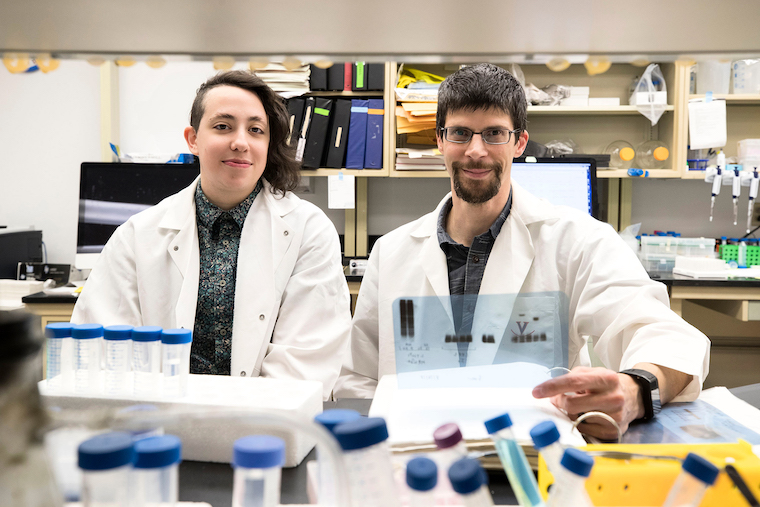I've told you about how a discovery by our Alban Gaultier, PhD, inspired researchers at Washington University School of Medicine in St. Louis to test an inexpensive generic antidepressant for treating COVID-19. A new study bolsters the case for the drug.
A trial in almost 1,500 high-risk patients in Brazil found that the drug, fluvoxamine, reduced the risk they would develop severe COVID-19 by almost a third.
The researchers gave 741 volunteers 100 mg of fluvoxamine twice a day for 10 days; 756 other trial participants received a placebo.
Only 79, or about 11%, of participants who received fluvoxamine were hospitalized or needed a trip to the emergency room. That's compared with 119, or nearly 16%, of those given placebos.
The study adds to the evidence for the drug's effectiveness against COVID-19. Washington University's small initial study also suggested a benefit: None of 80 patients who received fluvoxamine became seriously ill after 15 days, while six patients who received placebo did. Of those six, four were hospitalized, for periods ranging from four to 21 days. One was on a ventilator for 10 days.
The Washington University researchers were inspired to test the drug based on findings from Gaultier and one of our former graduate students, Dorian A Rosen, PhD. Gaultier and Rosen found that fluvoxamine may stop the deadly inflammation known as sepsis, in which the immune response spirals out of control.
Washington University is wrapping up a larger, nationwide trial of fluvoxamine for COVID-19. I'll let you know once the results are out. Let's hope for more good news.
